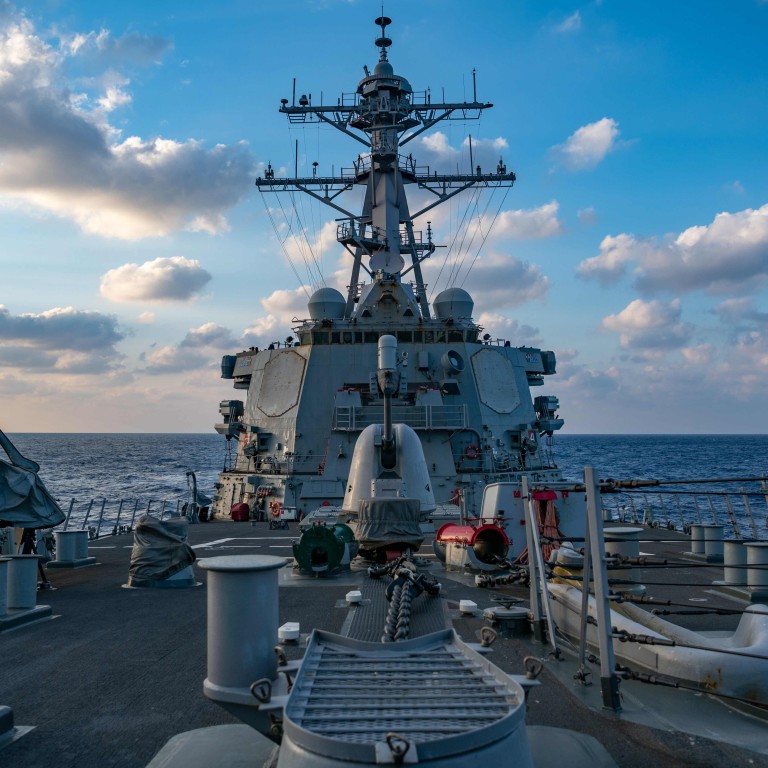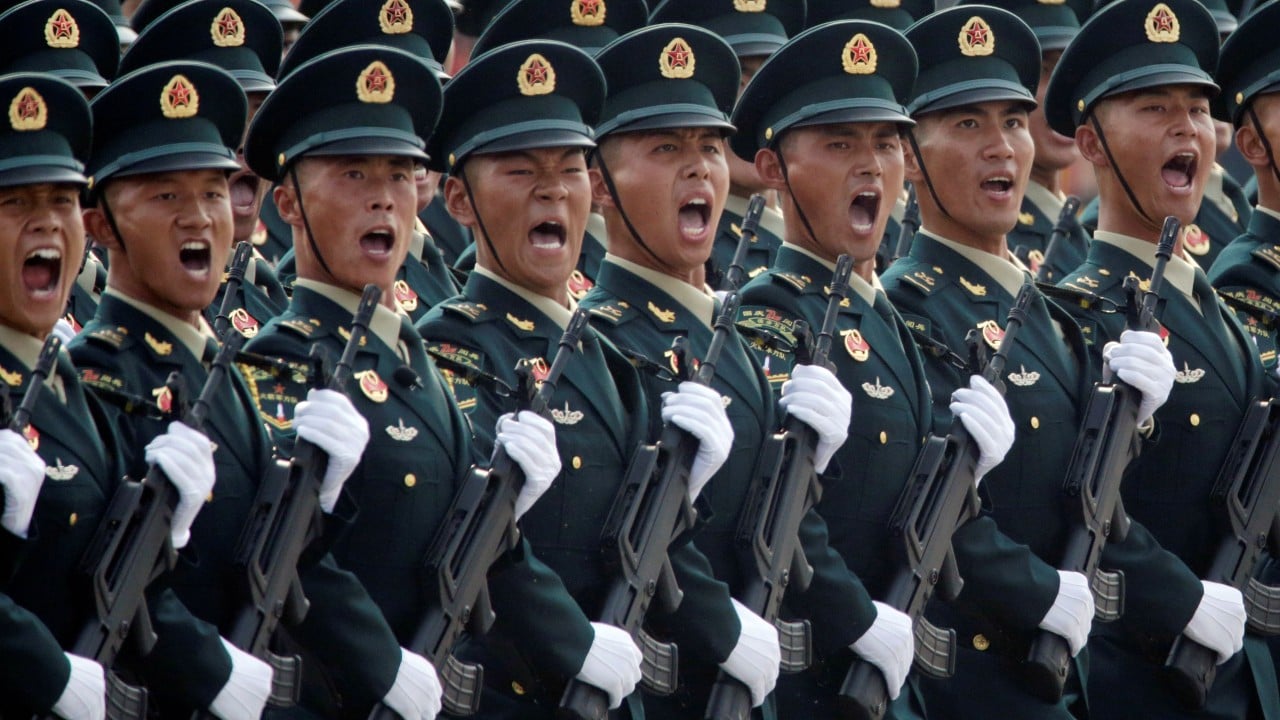
China’s relations with the US are at their lowest for 30 years, but don’t call it a new cold war
- Far-flung proxy wars and ideological competition that defined US-Soviet competition after World War II are missing in current landscape
- Deterring where necessary and bolstering international institutions are preferable to drawing another iron curtain across the world
This is not to be naive about China and its behaviour. China is the United States’ most powerful rival. In its current guise, China seems intent on at least reforming if not overturning the current US-led post-war order to ensure it has a greater, preferably dominant role.
In its bid to develop influence worldwide, it has often supported autocratic governments with poor human rights records and even regimes antagonistic to the United States.
China ended its support for such insurgencies in the 1960s. The Soviet Union united vast swathes of the world into formal alliances diametrically opposed to the United States, such as the Warsaw Pact. China’s limited number of close friends – from Iran to North Korea to Venezuela – are a diverse group of states with no uniting philosophy that would prove difficult to corral effectively.
The United States and the Soviet Union fought a series of proxy wars throughout Asia, the Middle East, Africa and Latin America. By contrast, the US and China have not yet engaged in any proxy wars.

04:12
Are Xi Jinping’s China and Donald Trump’s US destined for armed conflict?
In fact, China and the United States are often more likely to agree on issues of national security than disagree. For example, China is, much like the US, vehemently opposed to Islamic militancy, fearing the effects might spill over into its own backyard of Xinjiang. As such, the conflict in Yemen is an illuminating counterfactual.
Accurately defining the problem is important. China is a potential threat, and kinetic war is a feasible path in the future. Mislabelling the current situation as a cold war could only make that unfortunate possible future more likely. Good policymaking requires clear thinking; misdiagnosing an issue will prevent strategic coherence.
Trump’s ‘G11’ wish stokes speculation over plans for anti-China bloc
Politicians should be aware of the battle they are fighting. The United States is not yet in a cold war but rather a “hot peace”. Trying to emulate the Cold War by drawing an iron curtain across the world will alienate potential allies, damage the US economy and make it harder to curry favour worldwide.
It is better to maintain a wary engagement, deter as necessary and build international institutions and US-centred alliances to support the rules-based order.
Christian Le Miere is the founder of Arcipel, a strategic consultancy, and has worked as a senior adviser to an Abu Dhabi entity. He was formerly a senior fellow at the IISS, a London-based think tank, and the editor of various publications for Jane’s, a global defence intelligence firm

